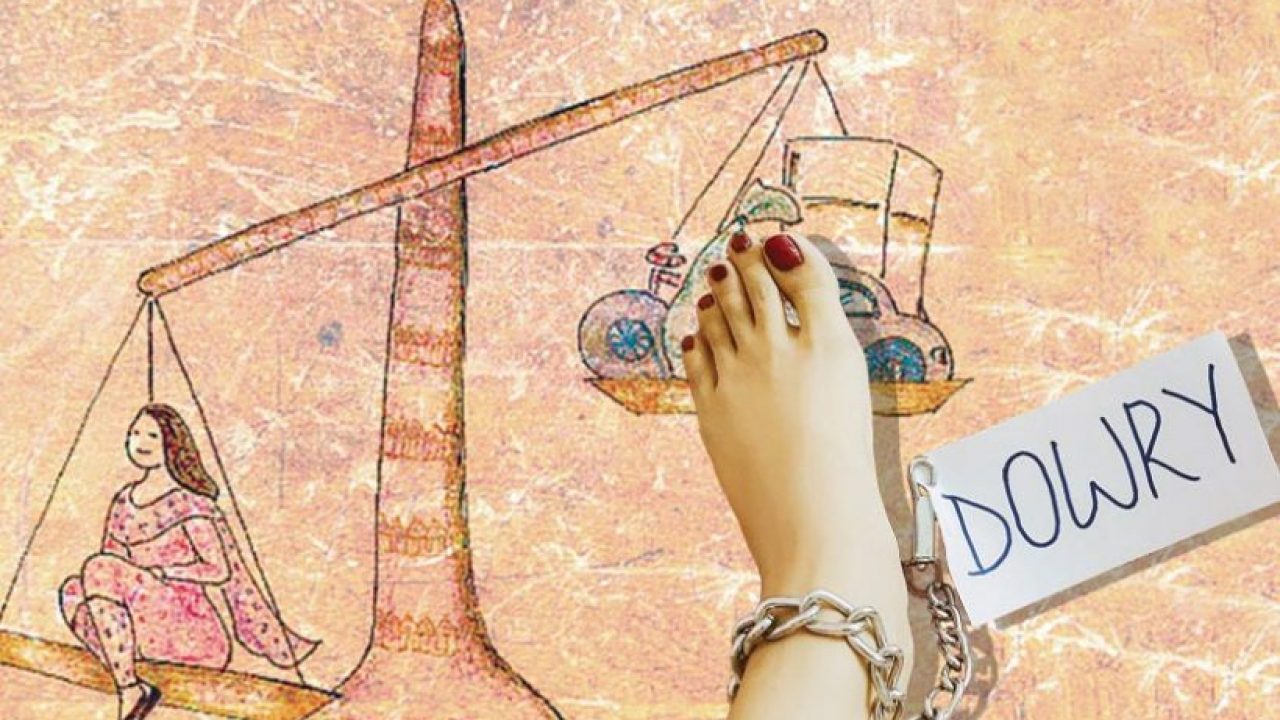
In the Supreme Court, a Bench comprising Justices RF Nariman, K M Joseph and Aniruddha Bose has acquitted three persons accused of dowry death under Section 304B of the Indian Penal Code, reversing the High Court of Uttarakhand order. (Sandeep Kumar and Ors v State of Uttarakhand and Anr Crl Apl No. 1512-1513 of 2017)
Senior Counsel Siddharth Dave appeared for the appellants. Krishnam Mishra appeared for the State and Sanjay Kumar Dubey appeared for the other respondent (victim’s father).
Matter before the Court
The daughter of the second respondent and the appellant got married in the year 2009 and soon the daughter was allegedly getting harassed for dowry. It was alleged further by the respondent that his now deceased daughter was poisoned by the husband and her in laws in 2011.
The trial court had acquitted them holding that the offence of dowry death was not proven citing lack of evidence. However, the High Court reversed the acquittal on an appeal filed by the father of the deceased woman and sentenced the husband of the deceased, father and mother in law (appellants) to life imprisonment under section 304B of the Indian Penal Code.
Court’s observation
As the appellants moved the Supreme Court, the Bench noted that it has to be shown that the deceased wife was subjected to cruelty or harassment in connection with demand for dowry soon before her death.
The court set out the ingredients that would qualify as offences under section 304B. Justice Joseph said, “The ingredients of the offence are well-settled. A marriage performed within seven years before the death of the wife. The death must be unnatural. Soon before the death, the deceased wife must have been at the receiving end of cruelty or harassment, on account of demand for dowry. It is described as dowry death.”
“The relatives concerned, including husband, become liable. Section 113B of the Evidence Act comes to the rescue of the prosecutor by providing for a presumption that a person has caused dowry death if, it is shown that soon before her death, she was subjected by such person for cruelty or harassment for or in connection with demand for dowry”, he added.
The court opined that in this case, unnatural death of the deceased could not be proved by the prosecution because “in this case, there is no evidence at all that the deceased died of poisoning. Secondly, there is no evidence to show that the appellants had poison in their possession.”
The court then referred to the observations in Sharad Birdhichand Sarda v. State of Maharashtra (1984) 4 SCC 116 and Anant Chintamun Lagu v State of Bombay AIR 1960 SC 500, to reiterate the circumstances necessary to prove death by poisoning. They are:
(1) there is a clear motive for an accused to administer poison to the deceased,
(2) that the deceased died of poison said to have been administered,
(3) that the accused had the poison in his possession,
(4) that he had an opportunity to administer the poison to the deceased.
Keeping these conditions in the mind, the top court bench noted, “As far as the facts of the present case is concerned, we have noticed that there is absolutely no evidence relating to poison in relation to the deceased. Were it a case of forcible poisoning by using a corrosive poison, there would been some marks. There are none. If it were forcible poisoning by using any kind of poison, there would be struggle and resistance from the victim. Even the material (wiper) recovered, according to prosecution, and which allegedly was used to clean vomit of the deceased did not disclose any poison.”
Further, the court observed that the deceased had a history of tuberculosis before her marriage. The court also said that although, “it was the duty of the investigating officer to record the statements of the last treating doctor”, there was evidence of the victim undergoing treatment for Tuberculosis. The top court also noted certain discrepancies in the oral testimonies of the father, brother and a relative of the victim regarding demand for dowry.
Finally, the apex court noticed that the High Court had erred in its observations and reversed the acquittal of the appellants by the Trial Court. “It is well to remember that while the search of the truth and adjudicatory function of the judiciary are not strange bedfellows, these self-imposed limitations on the pursuit are based on the nature of jurisdiction. Every deviation from such limits could indeed result in grave injustice requiring correction to prevent miscarriage of justice. Excess of jurisdiction can have very serious repercussions, particularly when, what is involved is, personal liberty, which is inevitably at stake in a criminal trial”, the court said.
Accordingly, the Supreme Court allowed the appeals and directed the release of the first appellant (deceased’s husband) from custody and discharge of the bail bond of appellants 2 and 3 (father in law and mother in law).
The SC judgment dated December 2 may be read here:
Related:
Former Jharkhand DGP and BJP leader accused of mental harassment for dowry by daughter-in-law
Dilution of Section 498A belittles the ongoing domestic abuse suffered by women